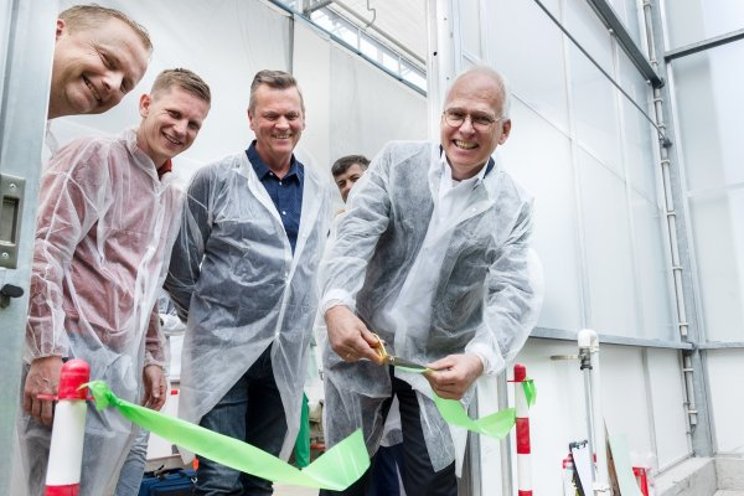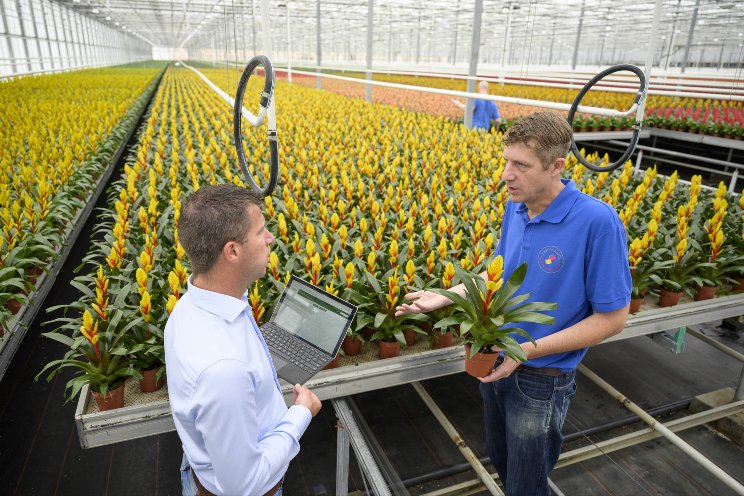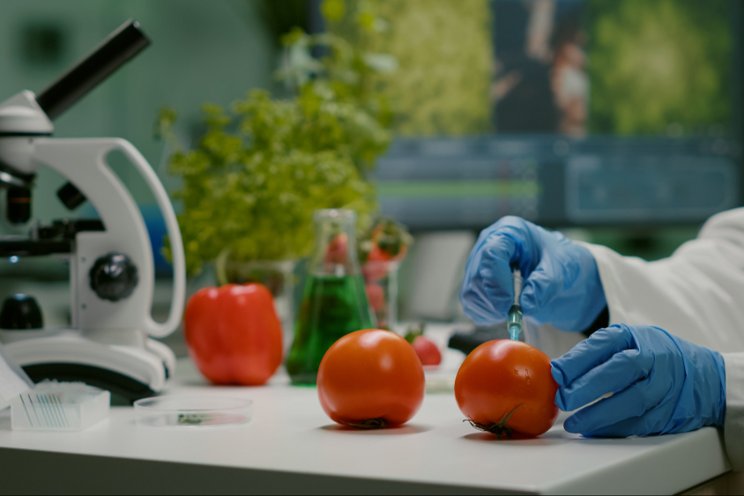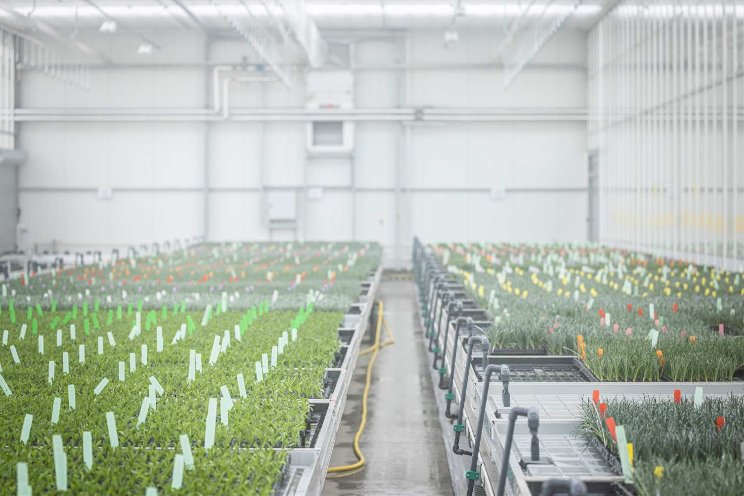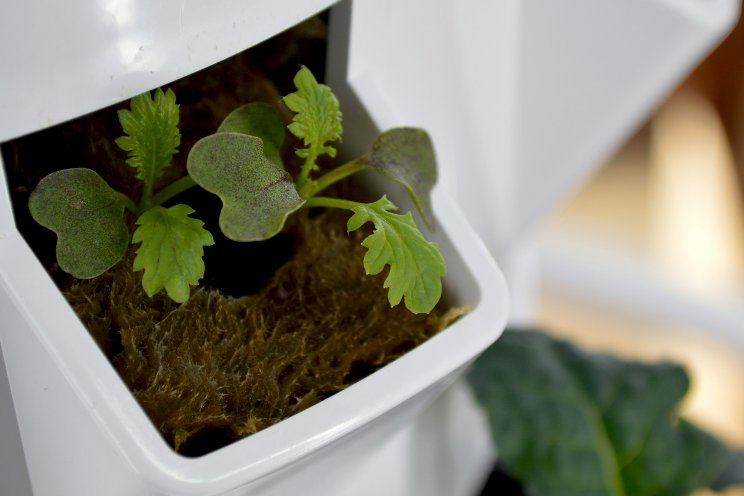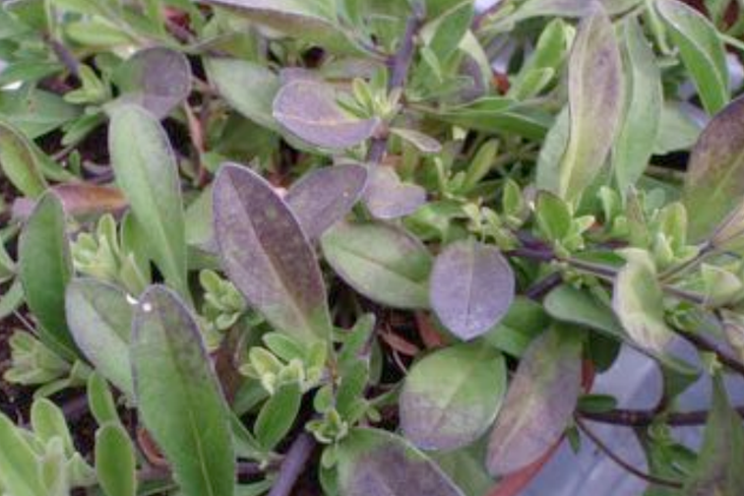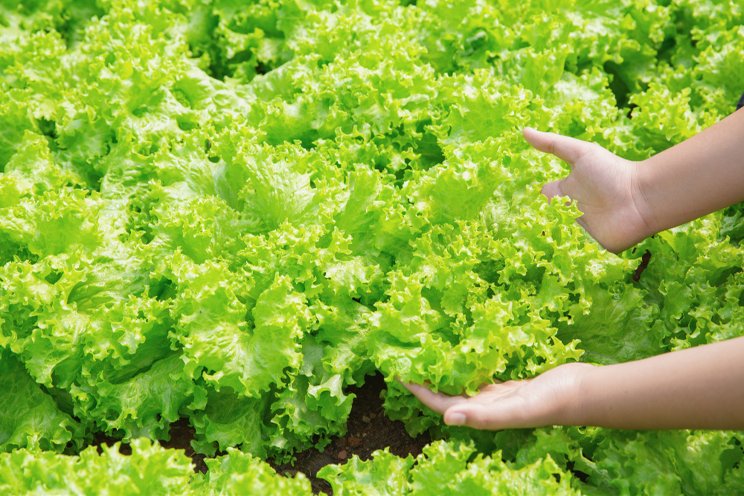Modern pesticides can help fight climate change
Added on 03 December 2021

In a recent opinion essay published by Dow Jones MarketWatch, Jon Parr, the president of Syngenta Crop Protection, addressed those challenges. He also pointed out what he sees as counterproductive efforts by public policymakers who, in the name of protecting the environment, are making it even harder for the globe's farmers to feed the world.
Here is an abridged version of Parr's essay:
It's estimated that we will need to grow 70% more food by 2050 to feed the 10 billion people who will be inhabiting our planet. But many public policy makers seem to assume that the agriculture industry has largely solved the extraordinarily complex problem of producing a healthy, abundant and secure food supply.
That assumption leads to demands on environmental grounds that we reject the technologies that have made modern agriculture so productive. These generally include efforts to ban genetic modification, synthetic fertilizers and pesticides, and sometimes even mechanization. But pesticides are usually the top candidate for elimination.
In light of the U.N. Climate Change Conference that began on Oct. 31 in Glasgow, these demands are certain to become more strident in the name of combating climate change. Agriculture accounts for about 10% of all greenhouse gas emissions. That's a number the world farming community must continue reducing by making agriculture more efficient and less energy intensive.
And yet, unless we can also continue making agriculture more productive on the land already under cultivation, farmers around the globe will have little choice but to clear more forests and natural vegetation to produce the additional food the world will require in coming years. Clearing that land would only make the climate problem worse, because forests and other natural plants are nature's chief way of removing carbon dioxide from the atmosphere.
Click here to read more.
Photo created by DCStudio - www.freepik.com
Source: Ag News
More news

